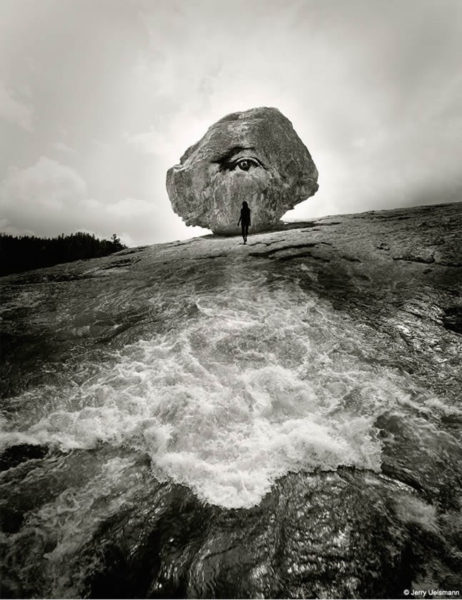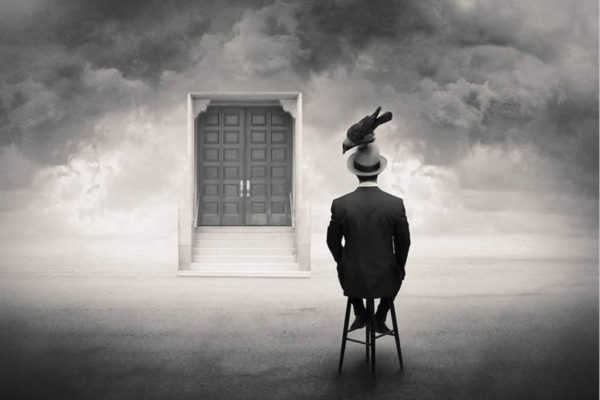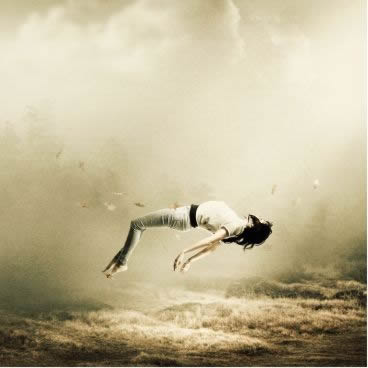It seems that lately, anyone with a website and a photo gallery needs to have a blog and share techniques, tips, and their own point of view about Photography.
I followed several of these bloggers, read many articles, and went through the comments and almost every time I did it, I felt disappointed, annoyed, and discouraged (and of course, it’s totally OK if you have the same reaction while you’re reading this).
Either they are strictly technical (new camera vs. old camera), hence not adding anything new to the plethora of blogs already out there, or when they try to get more philosophical, they deliver the same trite formula of advice, which is very popular nowadays: 5 techniques to become a better street photographer, 6 lessons I’ve learned from (add whatever photographer’s name here), how I overcome the fear of shooting in public.1
Sometimes a tip or two might be useful. Most of the time, though, it’s nothing you can’t figure out by yourself already, which would also give you the joy of experiencing it firsthand (the best way to learn something).
This is not a blog.
So, before I move forward, I want to be clear: this is not a blog. This is not a place where I share tips, techniques, and reviews of the latest gear. I have nothing to share in that sense, nor am I interested in it.
I’m learning, and I’m trying to understand what photography is to me. This is only a place I will use to keep my thoughts a little more organized. That’s it.
Now, despite considering myself relatively new to photography, on the other hand, I have strong opinions on matters related to photography and the reason for that is my background as a painter. After all, considering that photography and painting are both visual languages, several aspects are common. For instance, I’m still learning the history of photography, nonetheless, I have a pretty good grasp of what surrealism is, and to me, this is not surrealism:



This has more to do with visual habits with signs that have saturated our culture — just take a look at this page and notice how many images there are with floating bodies among the works presented.
But it also has to do with the idea of creativity. In fact, it’s very common to hear “Beauty is in the eye of the beholder”, or “Steal like an artist”, and so on and so forth. The moment you argue with this, you are considered a person who has no creativity, someone who’s trying to dictate rules (Art, apparently, has no rules).
Why bother?
Side note: a dear friend of mine once noticed that Art, after all, is a bourgeois manifestation. It almost felt as if spending time tinkering with these matters was a quasi-futile activity (he didn’t specifically say that, and maybe it was just my assumption). I partially agree with that. But I also believe that asking what Art is, gives us a deeper understanding of aspects of life that go beyond the mere everyday routine. It’s what takes us closer to an epistemological approach to the understanding of life.
If that’s true, there are reasons to be positive. At first glance, we could say nowadays we are experiencing more creativity than ever, with many innovative ideas, images, and videos, overwhelming every field. I personally believe things are quite the opposite.
What comes next
So, to quickly recap, here are a few things I’ve mentioned so far:
- What is Surrealism?
- Art and its rules.
- Where we are at with Creativity.
Also, as I started digging more into photography, I’ve found myself asking questions like:
- What’s the difference between photography and painting?
- In what circumstances is a photographer allowed to do post-process work on a photograph? And how much is too much?
- Is photography a big illusion? If so, does it make sense to talk about candid shots vs. staged shots?
- What is Street Photography? Is there such a thing?
I’ll write more on these topics in the following posts (not sure when).
- Why the 5 techniques-clickbait article works? It’s appealing as it sounds fast to read, it’s a recipe. It works because we’ve become lazy, we want things quick and easy. But also it’s the way our brain functions nowadays, it reacts to a principle of cause/effect: if I do A then I get B. It’s a language issue actually, it’s a society ruled by a technical mindset. It’s the end of the myth: there are no symbols, only signs. ↩︎
Leave a Reply